Home
About
Program
Speakers
Partners
Audience
Sustainability
Event Details
Challenge
Contact
REGISTER
WOHESC
2026 Speakers
Keynote & Plenary Speakers
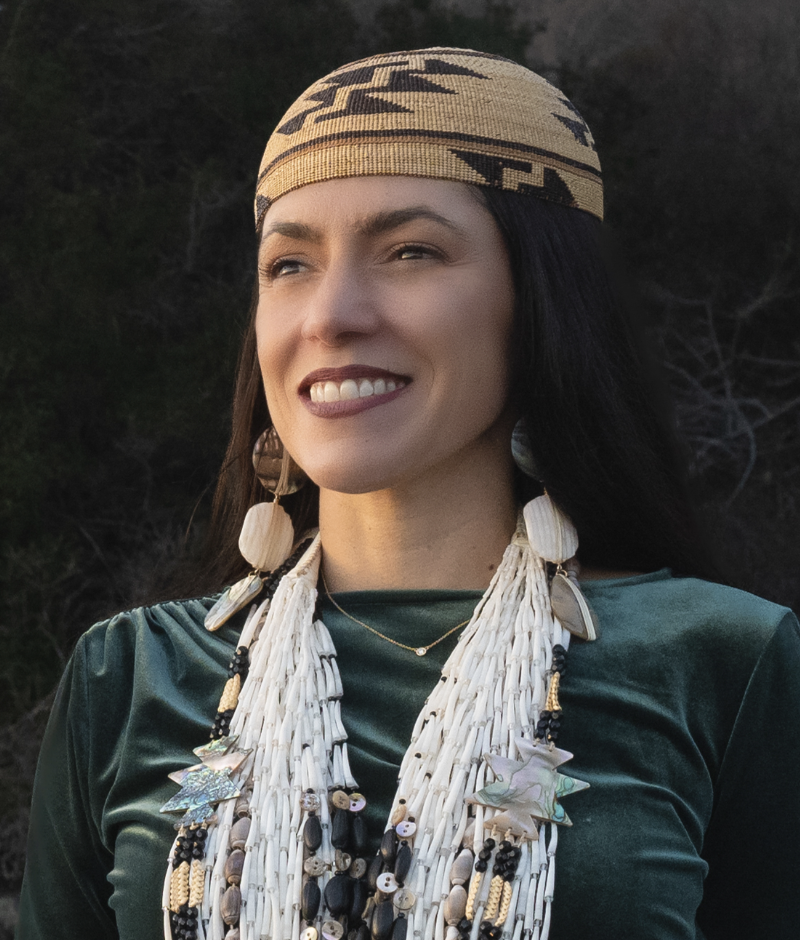
Amy Bowers Cordalis | UN Champion of the Earth, Time 100 Climate Leader; Author, The Water Remembers ▾
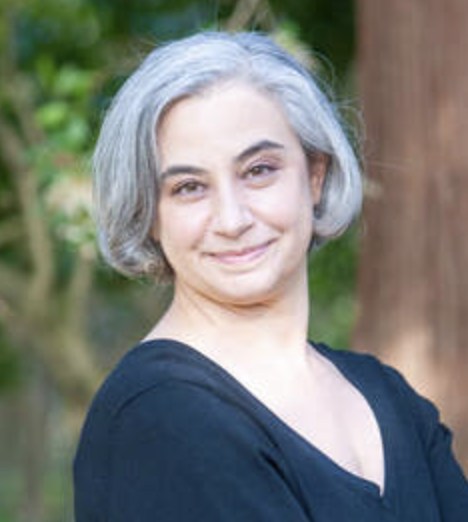
Laurie Frankel | Author, One Two Three
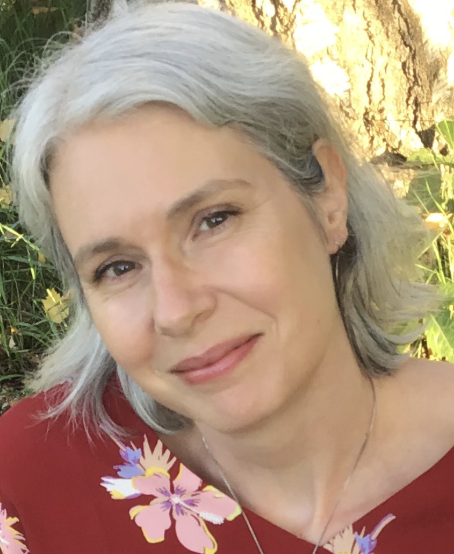
Johanna Stoberock | Author, The Pigs
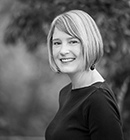
Sarah Stoeckl, PhD | Associate Director, Office of Sustainability | University of Oregon
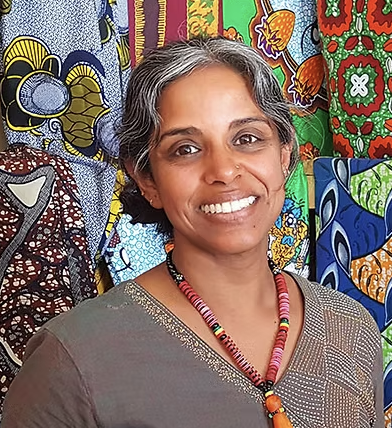
Anu Taranath | Author, Beyond Guilt Trips: Mindful Travel in an Unequal World
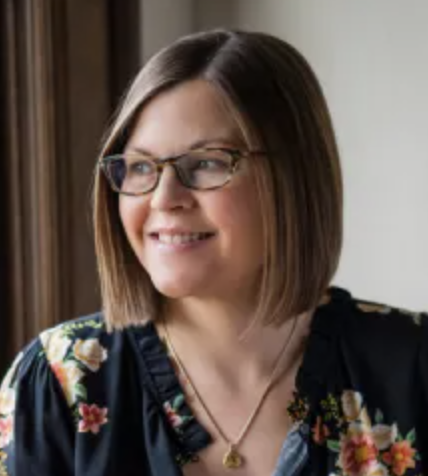
Karen Walker | Author, The Age of Miracles and The Dreamers
 © 2025 | Event by Social Enterprises, Inc.
© 2025 | Event by Social Enterprises, Inc.
PO BOX 31039
Portland, OR 97231
Office | 503.226.2377
Toll Free | 1.855.740.8417